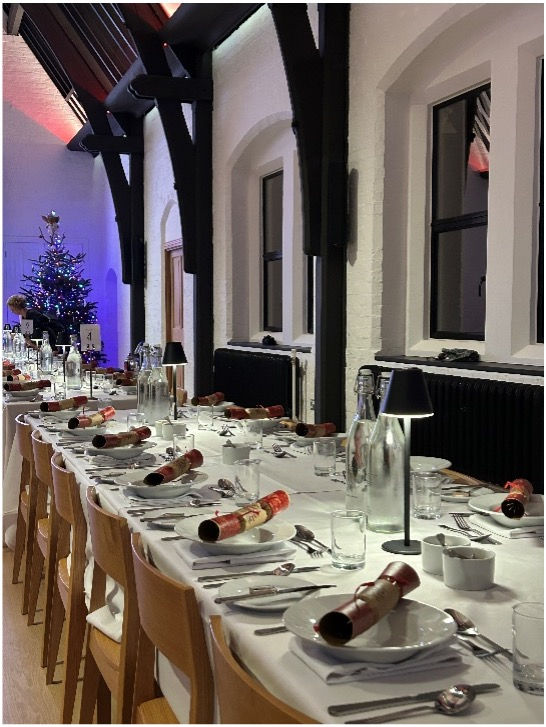The (My) Oxford Workload
- TOG

- Oct 4, 2018
- 2 min read
Working 9-5, what a way to make a living…
Ok, so to be honest, everybody knows that the Oxford workload is intense. However, whilst you're here, you learn how to manage that workload and find out what works best for you.
This year, in all honesty, I struggled a bit with managing the workload, but now it’s the summer before Second Year, and I'm feeling pretty optimistic about next term and my workload.
What I realised this year (and it's taken me the whole year to realise) is that with academics, there's always going to be something else to do, another book or article to read, some more vocab to learn - especially in a place like Oxford, where we have a copyright library (meaning we have a copy of every book published in the UK) and you can almost instantly access thousands and thousands of books.
With the Oxford weekly reading lists (I do a humanity), there are quite often more books on there than are possible to get through in a week (unless you work for like 14 hours a day, which you absolutely should not do). A lot of my reading lists are split into primary sources (for Ancient History) and then secondary sources, which is modern scholarship about the primary sources. So, it's obviously most important that I read those primary sources, and then from the modern scholarship, I tend to find it's a good idea to read 3 or so different people's opinions on them, and to read their work if they're a seminal scholar especially. Then, if there's more time left in the day, I can read a couple more opinions and articles. The important thing is, from this, to form my own opinion, but to then have my thoughts and ideas supported by the primary evidence and argued against or supported by other scholars.
This year just gone, I worked 8am - 6pm pretty much every day, and sometimes read a couple of things in the evenings, too. However, this was definitely not the best tactic, and so next year I'm going to work 9-5 each week day, with weekends off (and maybe a half day off somewhere, too), leaving more time for friends, socialising, and joining societies!












Comments